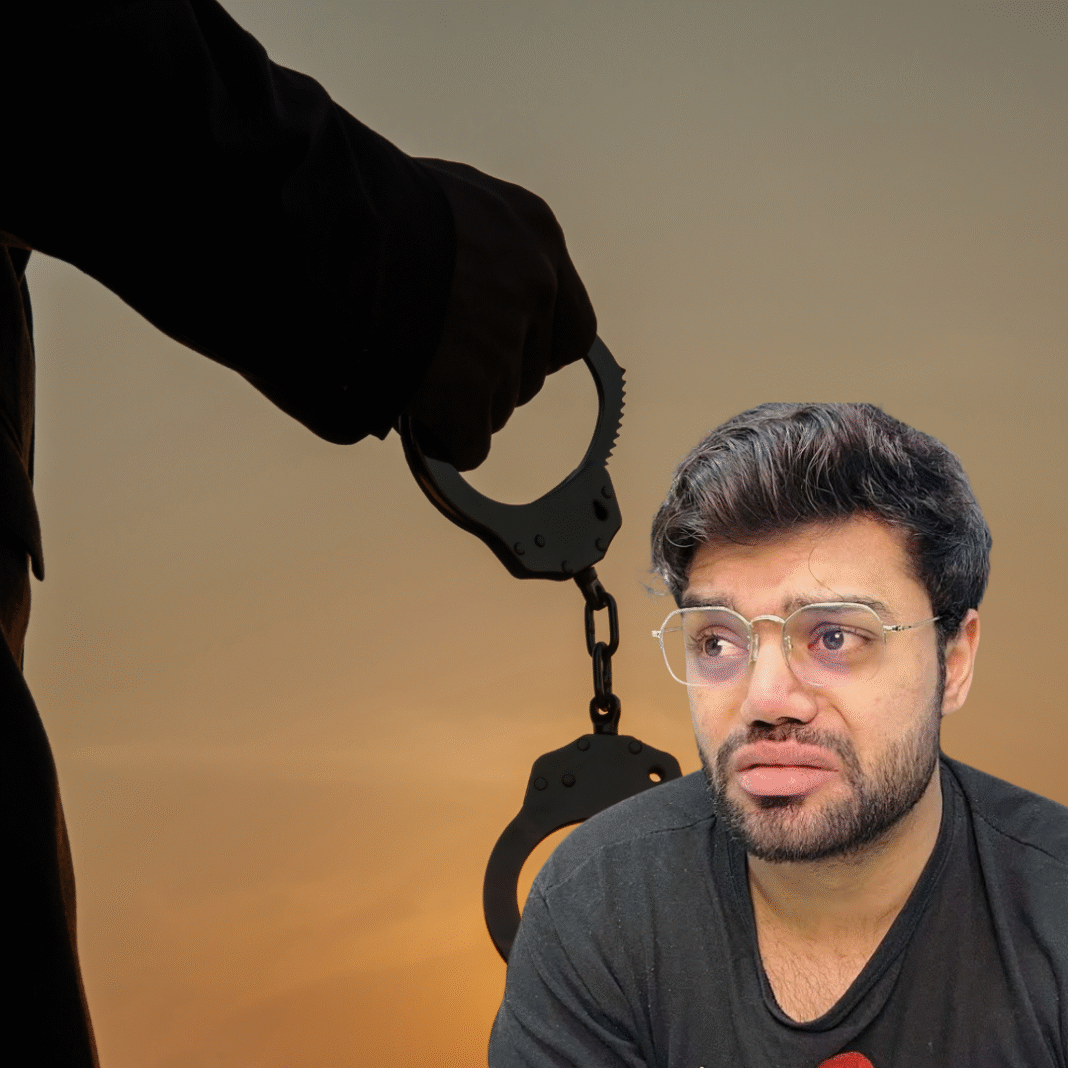Ducky Bhai’s Custody Extended: Authorities Seize Millions in Gambling Probe
Lahore, Pakistan – The case of Pakistan’s most-followed YouTuber Saad-ur-Rehman, popularly known as Ducky Bhai, has taken a dramatic turn as investigators confirmed the seizure of 600,000 dirhams and PKR 150 million linked to alleged online gambling promotions. His custody has been extended until September 5, with the Lahore court directing the National Cyber Crime Investigation Agency (NCCIA) to continue its probe.
How It All Started
The saga began in mid-August when Ducky Bhai was taken into custody at Lahore’s airport. Authorities claimed he was attempting to leave the country despite his name being on a Provisional No-Exit List. His arrest sent shockwaves across Pakistan’s digital community, given his massive fan following and reputation as one of the country’s top YouTubers.
Soon after, a formal case was registered under cybercrime and penal code sections involving fraud, forgery, spamming, spoofing, and promotion of gambling platforms. Investigators argued that through his large digital footprint, Ducky Bhai had allegedly been promoting betting applications like Binomo, 1xBet, Bet365, and B9 Game. These apps, already under international scrutiny, are banned in Pakistan but are aggressively marketed online due to their lucrative commissions.
Court Proceedings & Custody Battles
Initially, NCCIA requested a five-day physical remand to complete digital forensic work and recover access to online accounts. However, the court only allowed a two-day remand, directing the agency to present him again with evidence.
During the hearings, Ducky Bhai stated that he respected the institutions and had no objection to the investigation. His lawyers, meanwhile, insisted that their client was being unfairly targeted as many content creators unknowingly advertise apps without understanding the legal repercussions.
On the other hand, prosecutors highlighted that this case was not about ignorance but about deliberate financial gain. According to them, records show that substantial funds had been transferred abroad, creating serious concerns of money laundering.
The Money Trail
The real bombshell came when investigators disclosed the recovery of 600,000 dirhams (roughly PKR 45 million) and PKR 150 million in local currency allegedly tied to Ducky Bhai’s promotions. These figures have not only intensified public curiosity but also strengthened the government’s case for further remand.
Officials argue that such amounts cannot be brushed aside as casual income from YouTube sponsorships. Instead, they link them to structured promotional campaigns for online gambling companies—activities that could fall under both cybercrime and anti-money laundering laws.
Why This Case Matters
The case isn’t just about one influencer—it has opened up a wider debate in Pakistan:
- Digital Accountability: How much responsibility do influencers carry for the products and apps they endorse?
- Regulation of Online Advertising: Should there be stricter checks on sponsored promotions, especially when they involve apps linked to gambling or shady financial models?
- Influencer Economy in Jeopardy: With more creators collaborating with international platforms, the Ducky Bhai case could set a precedent for how Pakistan regulates influencer marketing going forward.
Public Reaction
Fans of Ducky Bhai are divided. While some have flooded social media with hashtags demanding his release, others have called for strict action, arguing that influencers with millions of followers must act responsibly and avoid misleading their audiences.
Memes, debates, and opinion pieces are trending daily, making this one of the most high-profile cases involving a Pakistani digital celebrity.
What’s Next
On September 5, today, the Lahore court will decide whether to extend the remand once again, grant bail, or move towards formal charges. Legal experts believe the seizure of massive funds has significantly complicated matters for the YouTuber.
If money laundering is formally proven, Ducky Bhai could face not only extended jail time but also hefty fines under both the Prevention of Electronic Crimes Act (PECA 2016) and the Anti-Money Laundering Act (2010).
Until then, Pakistan’s digital community—and the wider public—awaits with bated breath.



